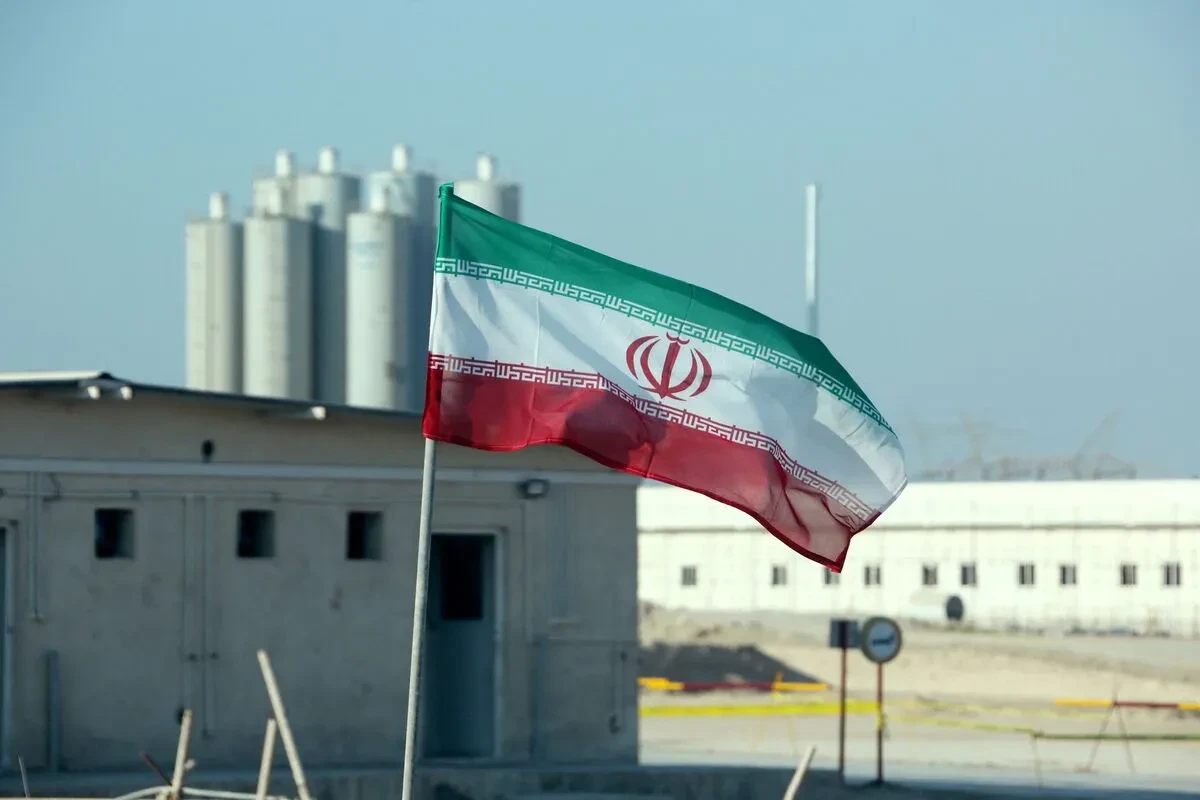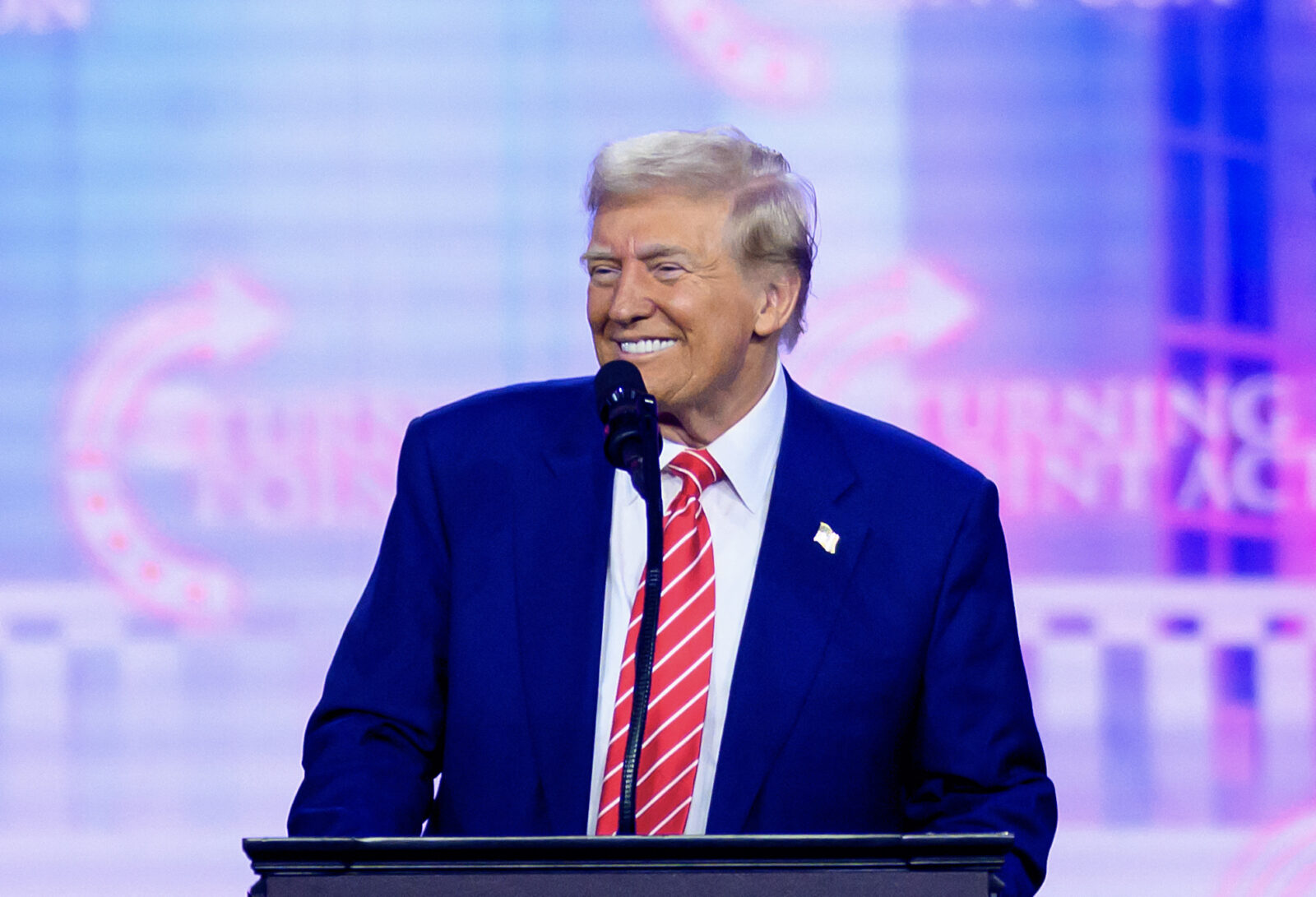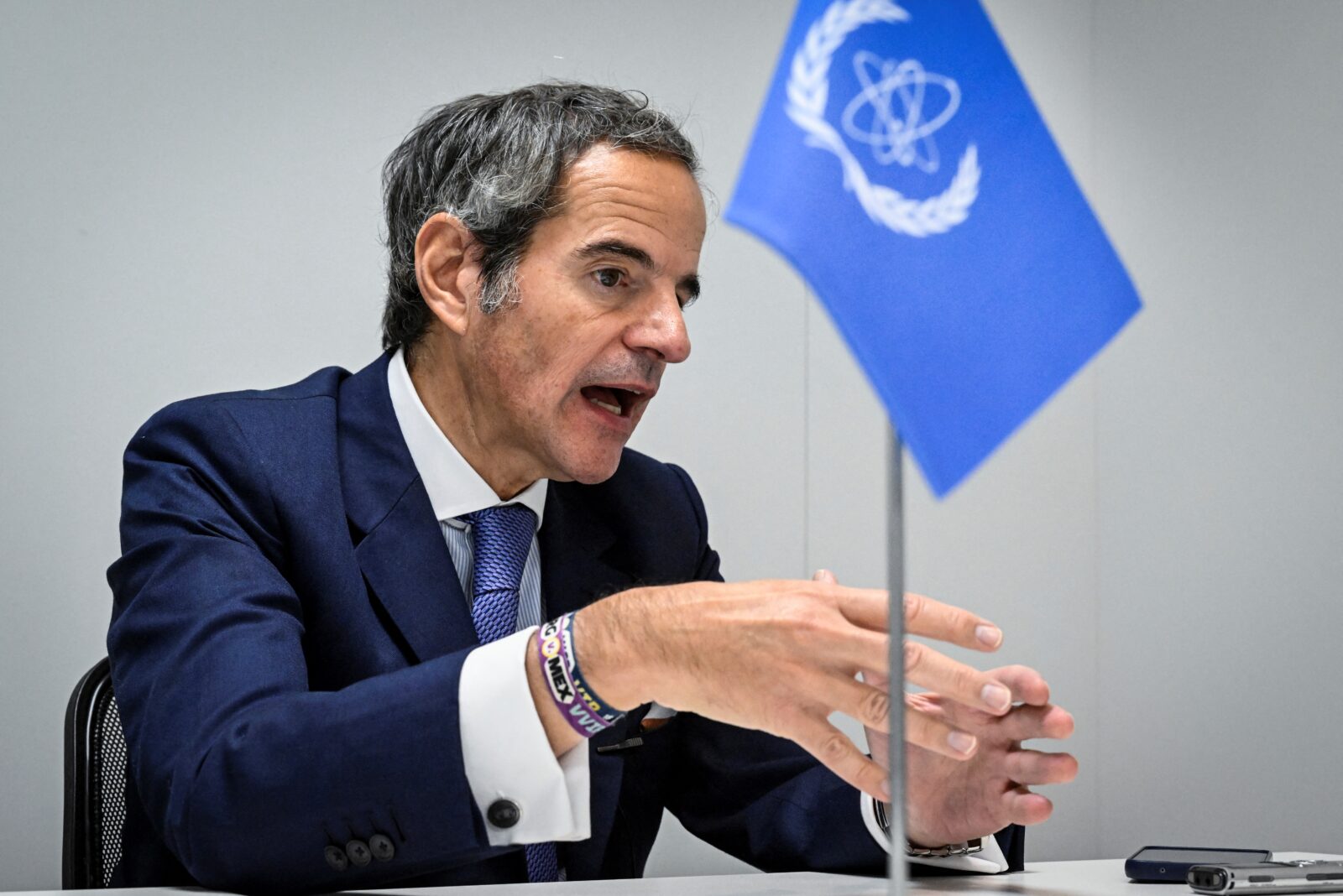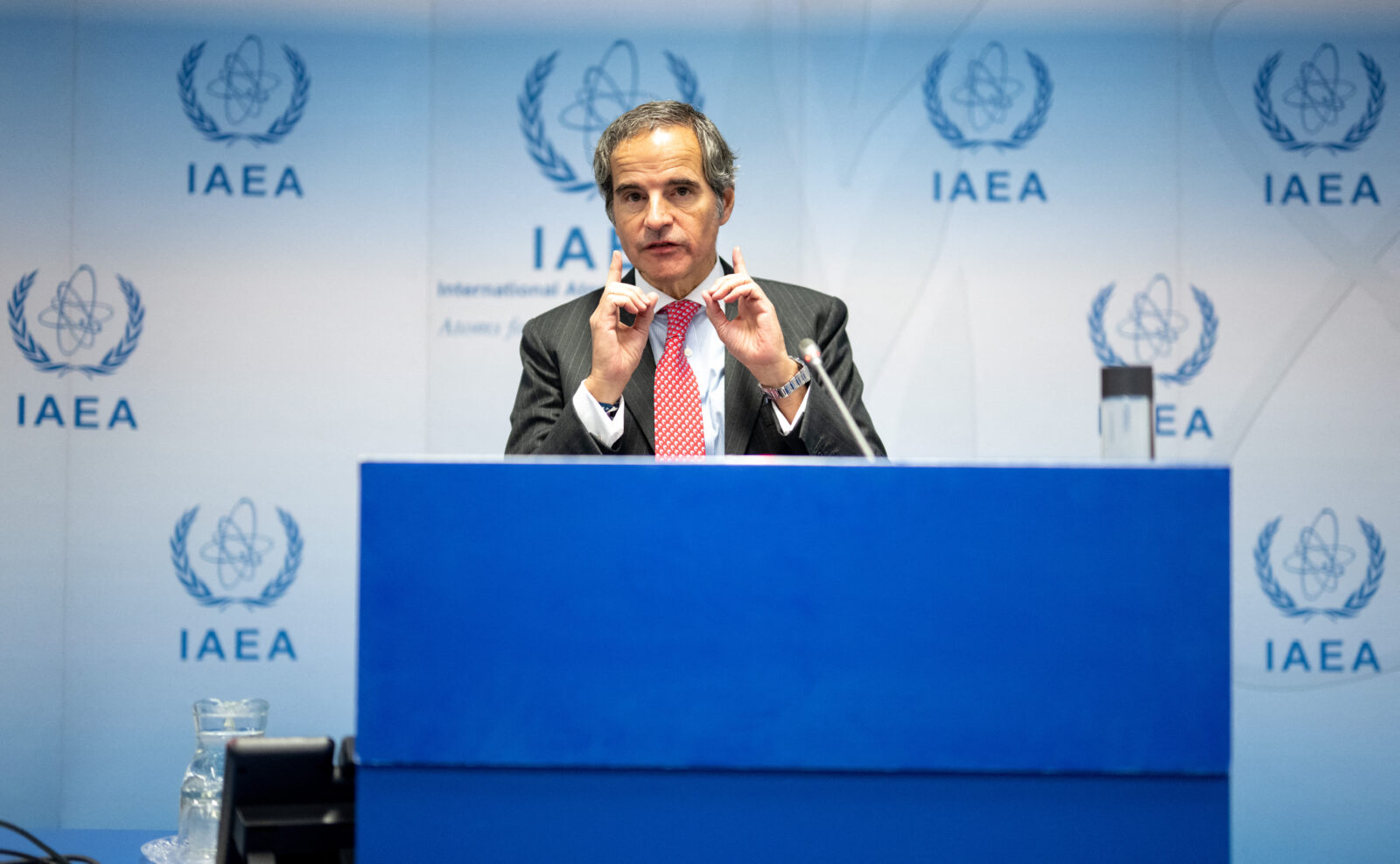Nuclear talks between Iran, Europe resume days before Trump inauguration
 Iranian flag in Iran’s Bushehr nuclear power plant on November 10, 2019. (AFP Photo)
Iranian flag in Iran’s Bushehr nuclear power plant on November 10, 2019. (AFP Photo)
Iran is set to hold nuclear talks with France, Britain, and Germany on Monday, less than a week before U.S. President-elect Donald Trump takes office.
This marks the second round of negotiations in under two months following a low-key meeting in Geneva, Switzerland, between Tehran and the three European powers, known as the E3.

The talks, which will extend into Tuesday, are not official negotiations, according to both the German foreign ministry and Iran’s representatives. “These are not negotiations,” the German foreign ministry told Agence France-Presse (AFP), with Iran echoing the sentiment by calling them “consultations.”
The focus of the discussions will be on a broad range of topics, with Iran’s primary objective being the removal of international sanctions. Iran’s foreign ministry spokesman, Esmaeil Baqaei, emphasized that the talks would also address concerns raised by the European powers.
France dubs Iranian nuclear program ‘extremely problematic’
France’s foreign ministry framed the talks as part of the ongoing effort by the E3 to find a diplomatic solution to Iran’s nuclear program, which has become an increasing point of concern. “The progress [of Iran’s nuclear program] is extremely problematic,” France’s foreign ministry stated.
The timing of the talks is significant, coming just days before Trump takes office on Jan. 20. During his previous term, Trump pursued a “maximum pressure” campaign, withdrawing the U.S. from the 2015 nuclear deal, known as the Joint Comprehensive Plan of Action (JCPOA).

This agreement had imposed limits on Iran’s nuclear activities in exchange for sanctions relief, but following the U.S. pullout, Tehran began to scale back its compliance.
Since then, efforts to revive the deal have stalled, with European officials growing increasingly frustrated by Iran’s actions. French President Emmanuel Macron recently warned that the acceleration of Iran’s nuclear program is bringing the parties “close to the breaking point,” a statement that Iran dismissed as “baseless” and “deceitful.”
Western powers condemn Iranian expansion of enriched uranium
In December, Britain, Germany, and France condemned Iran for expanding its stockpile of highly enriched uranium to unprecedented levels without any credible civilian justification.
They reaffirmed their determination to use all available diplomatic tools to prevent Iran from acquiring a nuclear weapon, including invoking the “snapback” mechanism.
This provision of the JCPOA allows signatories to reimpose U.N. sanctions on Iran if it significantly fails to meet its commitments. The snapback option expires in October, adding urgency to the ongoing talks.

The International Atomic Energy Agency (IAEA) reported that Iran has enriched uranium to 60%, the highest level ever achieved by a non-nuclear weapon state. This enrichment brings Iran closer to the 90% threshold needed for a nuclear bomb.
Despite these developments, Iran maintains that its nuclear program is purely for peaceful purposes and has repeatedly expressed a willingness to return to the 2015 agreement.
President Masoud Pezeshkian, who took office in July, has supported the revival of the deal and called for an end to Iran’s international isolation.
Iran’s foreign minister, Abbas Araghchi, also reiterated the country’s readiness for constructive negotiations in an interview with Chinese state television, emphasizing that Iran’s formula for the deal would remain the same: trust-building in exchange for lifting sanctions.



